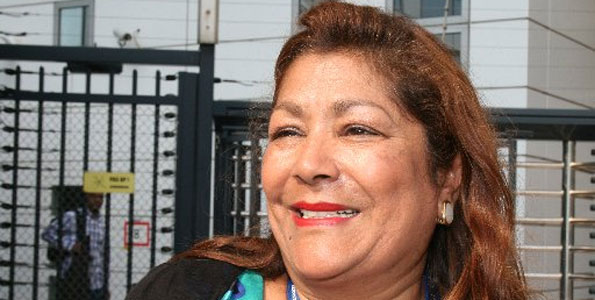The Trial Chamber in Kenyatta/Muthaura case has issued a decision on the substantive content of the Modified Charges Section of the Document Containing Charges.
The court began by noting that the Confirmation decision is not the only authoritative statement of charges for the Trial. The Document Containing Charges (once harmonised with the Confirmation Decision) is sufficient.
Judge Eboe-Osuji also argued that, reading the Statute and the practice of other tribunals, there was little to suggest that the Confirmation Decision is the sole statement of charges at trial and that the DCC became irrelevant once charges were confirmed. Indeed, the judge pointed out that the very length of confirmation decisions (usually +150 pages) makes it impractical to read these documents to the defendant at the commencement of trial! The reading and explanation of charges is a procedural right of each defendant prior to their pleading guilty or not guilty. For this reason, the Judge preferred, at the trial stage, to use an accurate (and shorter!) Document Containing Charges.
Judge Wyngaert drew attention to the practice of the Prosecutor of including ‘background facts’ in the Document Containing Charges. The judge advocates a stricter approach whereby only facts directly material to the charges should appear in the DCC.
Some of the keynote changes that the Trial Chamber wants to see in the Modified Charges Section include:
- Allowing the Prosecutor to allege that the Defendants facilitated Mungiki meetings.
- Allowing the Prosecutor to refer to Muthaura’s alleged de jure authority over General Hussein Ali (the Pre-Trial chamber only made a finding as to Muthaura’s de facto authority)
- Allowing the Prosecutor to refer to allegations that Muthaura ordered the Police not to interfere with Mungiki activity in Nairobi.
- Allowing the Prosecutor to allege that mutilation to hide gunshot wounds occurred in Nakuru.
- Stating that the Prosecutor should refer to Kenyatta and Muthaura’s alleged links not only with Mungiki in general but Maina Njenga in particular. This includes an alleged agreement for Mungiki and Maina Njenga to support PNU
- Allowing the Prosecutor to refer both to Mungiki and ‘Pro-PNU’ youth in describing some of the alleged perpetrators.
- Requiring the Prosecutor to remove references to six victims allegedly shot to death.
Update 17/01/2013: In regard to Judge Eboe-Osuji’s comment that the DCC tends to be shorter than Confirmation Decisions; I have to say, given that the latest DCC from the Prosecutor numbers over 50 pages, there may come a time when the DCC rivals the Confirmation Decision for length.
